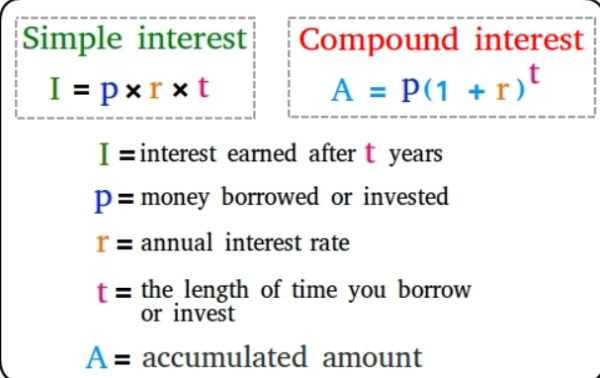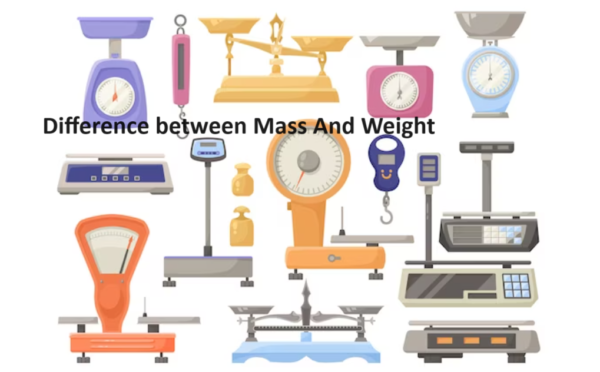Overview of Interest Types Interest represents the cost of borrowing money or the return on investment from investments and savings. Understanding the difference between basic and compound interest is essential for anyone making financial choices. This applies whether they are assessing loan options or saving for future goals. The difference between these two types of […]
Difference Between Fixed Cost and Variable Cost
Understanding Fixed and Variable Costs in Business Businesses suffer from two different categories of costs in their operations: fixed costs and variable costs. It is essential for efficient financial management to comprehend the distinctions between these costs. Irrespective of the volume of production or sales, fixed costs are expenditures that never change. Regardless of whether […]
Difference between Mass And Weight
The Distinction Between Mass and Weight Weight measures the gravitational force applied to an object. It is a vector quantity, meaning it has both magnitude and direction. An object’s mass and the gravitational force exerted on it determine its weight. Common units of weight include pounds (lb) and newtons (N). For example, a book weighs […]


